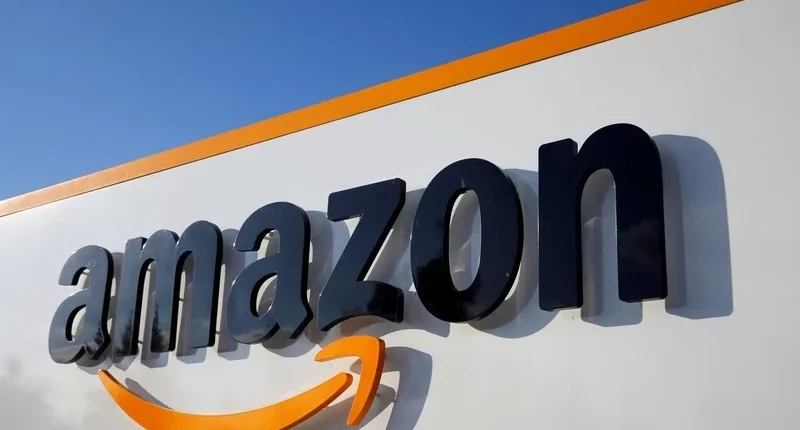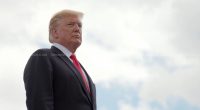E-commerce giant Amazon, is among those who have reportedly submitted a last-minute bid to acquire TikTok’s US ops, the popular yet controversial Chinese short-form video app. According to a report by the New York Times and a few other outlets as well, this bid was communicated through a letter addressed to Vice President J.D. Vance and Commerce Secretary Howard Lutnick.
Amazon’s interest in TikTok aligns with its strategic goals of enhancing its social shopping and advertising capabilities. Experts believe that such an acquisition could benefit Amazon’s long-term advertising and e-commerce businesses, given TikTok’s substantial user engagement.
However, the company’s potential acquisition could face significant hurdles, including antitrust scrutiny and the necessity for approval from both US and Chinese authorities. Actually, the Chinese government’s stance on approving such a sale remains uncertain, adding complexity to the situation.
Interestingly, despite Amazon’s expression of interest, the report suggests that the bid is not being taken seriously by the involved parties. The move comes at a time when major US-based investing firms like Andreessen Horowitz (a16z) and Blackstone are also reportedly in talks to invest in TikTok’s US business.
In fact, several other companies and investor groups are also interested in buying TikTok’s US business. One example is Perplexity AI, which recently made an offer to acquire TikTok with plans to make its algorithm open-source and improve personalization. Oracle (which already provides cloud services for TikTok) is also reportedly in talks to help separate TikTok’s US operations from ByteDance. Under the proposed plan, Oracle would take ownership of the new company and play a key role in securing US user data.
Interestingly, these efforts aim to reduce Chinese ownership in the new business to below 20%, in compliance with US legal requirements. The backdrop to these developments involves a US law – called the PAFACA Act (passed in April 2024) – that requires foreign-controlled applications (mainly TikTok) to divest their US operations amid national security concerns. At the start of this year, the US Supreme Court upheld the law, briefly leading to TikTok’s shutdown in the US. However, after Donald Trump took office, he signaled openness to a deal, even considering tariff reductions if China approved the sale.
Notably, TikTok is facing a deadline of April 5th, after which it could be banned in the United States if it does not sell its US operations to non-Chinese owners. Meanwhile, despite facing such challenges, TikTok has reportedly decided to shut down its ‘Notes’ app (a separate photo-sharing platform that competes with social media apps like Instagram) on May 8.
The Tech Portal is published by Blue Box Media Private Limited. Our investors have no influence over our reporting. Read our full Ownership and Funding Disclosure →






